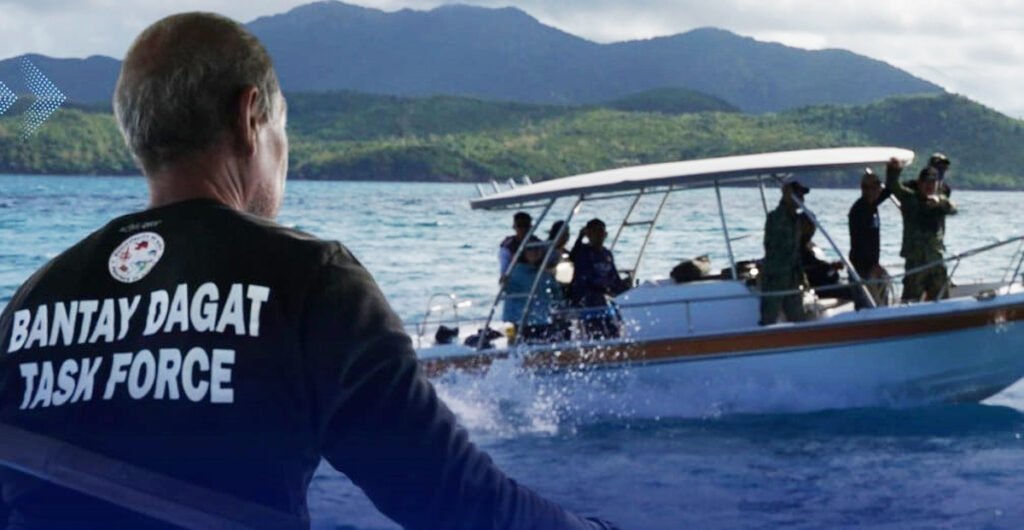The Department of Agriculture-Bureau of Fisheries and Aquatic Resources (DA-BFAR) and the Philippine Crop Insurance Corporation (PCIC) have renewed the financial insurance program for deputized bantay dagat volunteers this 2025.
The DA-BFAR, through the Information and Fisherfolk Coordination Unit, has enrolled 6,800 volunteers this year, increasing the number of insured individuals by 47 percent, from last year’s 3,545 beneficiaries.
“The Bantay Dagat Insurance Program (BDIP) enforces the government’s commitment to serve the fisheries sector and safeguard the welfare of Filipino fishers, who under the spirit of volunteerism, tirelessly protect our coastal resources and marine biodiversity against illegal and unsustainable fishing,” BFAR officer-in-charge Isidro Velayo Jr. said in a statement.

The BDIP falls under the Agricultural Producers Protection Plan of the PCIC, which covers death insurance for enrolled agricultural producers, farmers, fisherfolk, and other stakeholders due to accident, natural causes, and murder or assault.
Last year, family members of around 10 bantay dagat volunteers from regions 5, 9, 11, and 12 were able to receive financial assistance under the BDIP.
The DA, through the Office of the Solicitor General, meanwhile, filed a motion for reconsideration with the Supreme Court to overturn a decision allowing commercial fishing vessels access to municipal waters, previously reserved for small-scale fishers under the Fisheries Code.
Agriculture Secretary Francisco Tiu Laurel Jr. said this in a meeting with various organizations, including the Federation of Free Farmers, Oceana Philippines, Magsasaka Partylist, the National Anti-Poverty Commission, and the Philippine Movement for Climate Justice, to discuss the ruling’s implications.
Laurel expressed concerns of the decision’s potential adverse effects to the livelihood of small fishers and its impact on marine ecosystems. “At a depth of seven fathoms, or 12 meters, corals are at risk, and our scarce marine resources could face further depletion.”
The Supreme Court’s First Division earlier upheld a Regional Trial Court decision declaring the Fisheries Code’s preferential access provisions unconstitutional, following a petition filed by Mercidar Fishing Corp.
Oceana Philippines vice president Gloria Estenzo-Ramos warned that the ruling could devastate marine resources. She noted that commercial vessels would be allowed to fish in nearly 90 percent of coastal waters, threatening marine ecosystems.
“Tracking devices, such as the vessel monitoring system, would become irrelevant,” she said, referring to the system designed to combat illegal, unreported, and unregulated fishing.
The DA reiterated its commitment to protecting the interests of small-scale fishers while conserving marine resources, urging the SC to reconsider its ruling to ensure the sustainability of the country’s fisheries and coastal communities. ||




